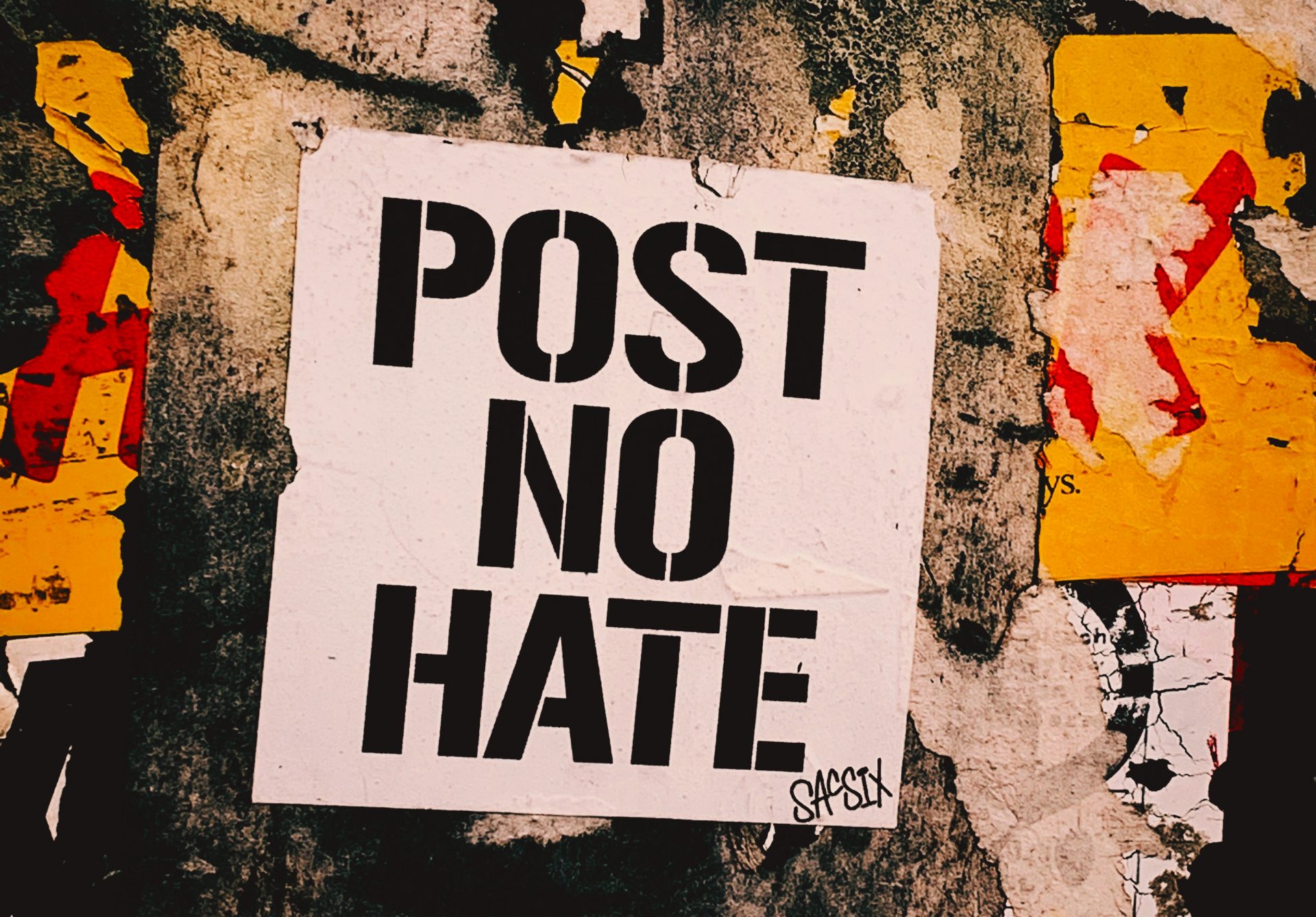On this highly symbolic day, Re-Imagine Europa delivers its latest report, “Analisi comparativa sul fenomeno dell’istigazione all’odio online” (Comparative Analysis on the Phenomenon of Online Hate Speech), commissioned by the Commissione antidiscriminazioni del Senato della Repubblica Italiana and issued by RIE’s Task Force on Democracy in a Digital Society.
18th June 2022 marks the first International Day for Countering Hate Speech, established in July 2021 by the United Nations General Assembly over concerns about the rising proliferation of the phenomenon worldwide. Hate speech is indeed on the rise, and it doesn’t only affect its intended targets. Several institutions are concerned with this important issue, which attracted the attention of many EU member states.
Consequently, various researches were developed, including that recently presented by Re-Imagine Europa. Society is damaged by hate speech and hate crimes since they undermine tolerance, trust, and social cohesion, in addition to the physical and psychological harm that those directly targeted endure.
Although other factors need to be considered to explain the recent wave of hate speech, such as discontent due to the pandemic and the recent rise in inflation due to the war in Ukraine, evidence shows that the current media environment is fertile ground for those who instigate hatred. RIE’s report thus focuses on online hate speech, stating that the lack of a strong regulatory framework is turning our current digital information ecosystem into a major threat to our democratic principles and way of life.
The report analyses the different attempts to devise a more efficient approach to regulation in several EU and non-EU countries, recommending adopting a diverse and more innovative method of regulating access to data, algorithms and AI and supporting a different business model to curb polarisation. Such an approach would aim to preserve and strengthen our societies’ resilience and foster those characteristics and values, like open communication and the free exchange of ideas, which are crucial for our democracies.
Combating hate speech online while respecting the principles of freedom of expression that are the basis of our democracies requires a significant collective effort. Starting from the principles shared at the European level and in other like-minded countries, it must then spread throughout the territory, absorbing in this process the various local sensitivities on this topic.
It is essential to fund independent research groups that can provide a multidisciplinary approach to suggest and then monitor the regulations that will be put in place. However, requiring the companies that own the data to give systematic and continuous access to independent research groups is no less important. At the moment, it isn’t easy to accurately measure and evaluate the hate speech phenomenon, given that most platforms still refuse the majority of requests, hiding behind the trade secret.
Hate speech and the polarization of opinions are very serious threats to democratic institutions worldwide. Europe is the cradle of democracy and could also be the last bastion to defend this system that has allowed our way of life to proliferate and keep the old continent free from wars for over half a century.
To build a digital environment that supports public debate instead of sacrificing it to the economic interests of digital platforms, we need to change the rules of the media ecosystem to adapt them to the characteristics of digital communication, which dominates our era. The choices made today will affect Europeans at least for the next 20 or 30 years. What do we want to see in our future?




